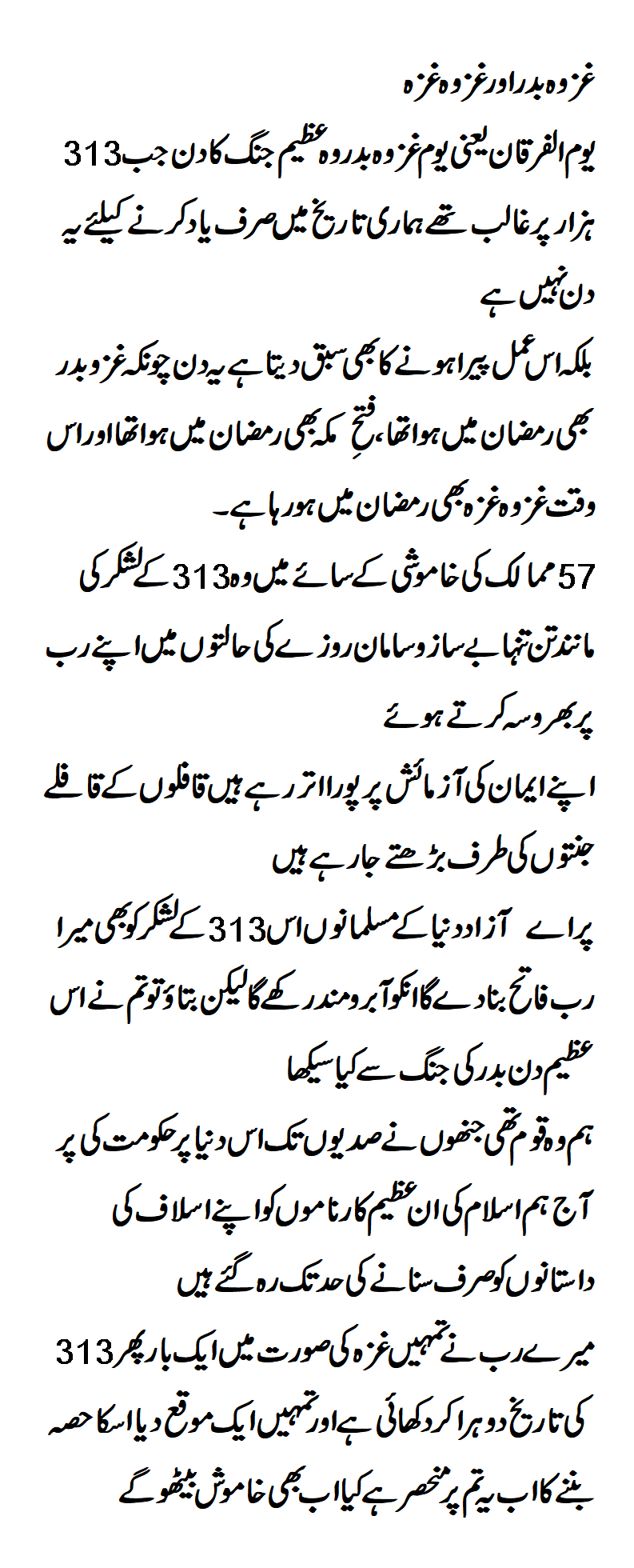Battle of Badr, (624 CE), in Islamic history, major military victory led by the Prophet Muhammad that marked a turning point for the early Muslim community (ummah) from a defensive stance toward one of stability and expansion. The battle damaged Meccan trade and boosted the morale of the ummah as a viable force in its pursuit of control of the holy city.
The prestige of the battle in the Islamic consciousness is marked by the fact that it is the only battle mentioned by name in the Qurʾān.
In 622 Muhammad and his Meccan followers settled in Medina upon invitation, having fled their native city in an event known as the Hijrah (“Emigration”).Although the new Constitution of Medina gave them a modicum of acceptance among the Medinese, the muhājirūn,
as Muhammad’s Meccan followers came to be known, remained a separate class, unabsorbed into the socioeconomic fabric of the city. They began raiding caravans whose wares fed Mecca’s merchant economy,
while new revelations of the Qurʾān sanctioned aggression against Mecca’s ruling Quraysh tribe for its own aggression against Muhammad’s followers and for its prevention of their worshipping at al-Masjid al-Ḥaram, Islam’s holiest site.
